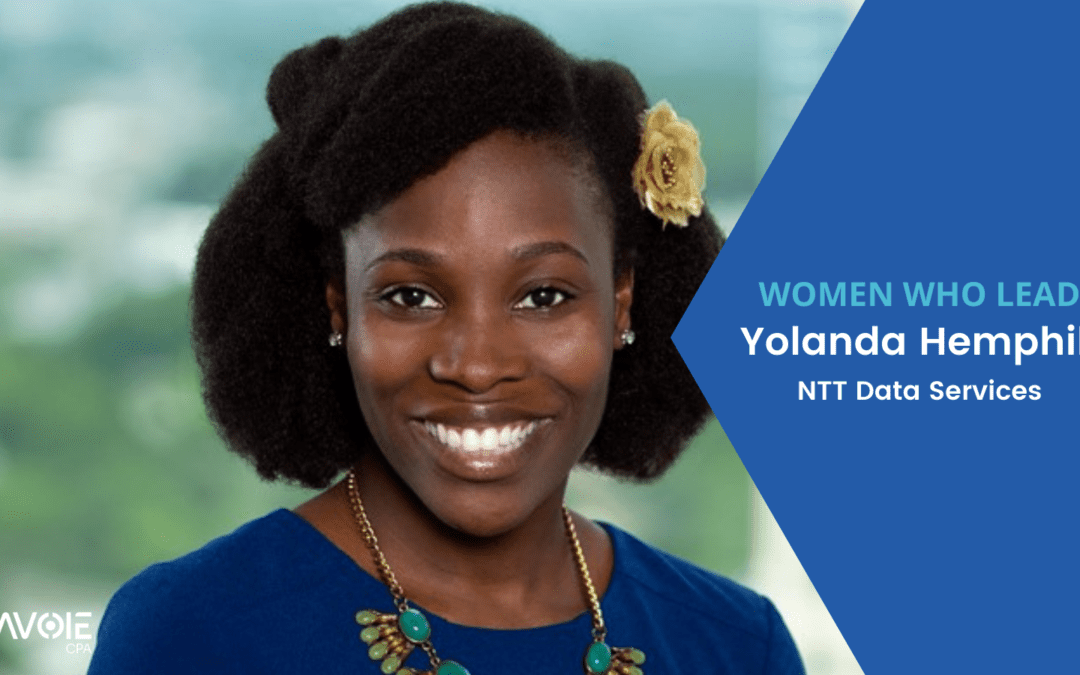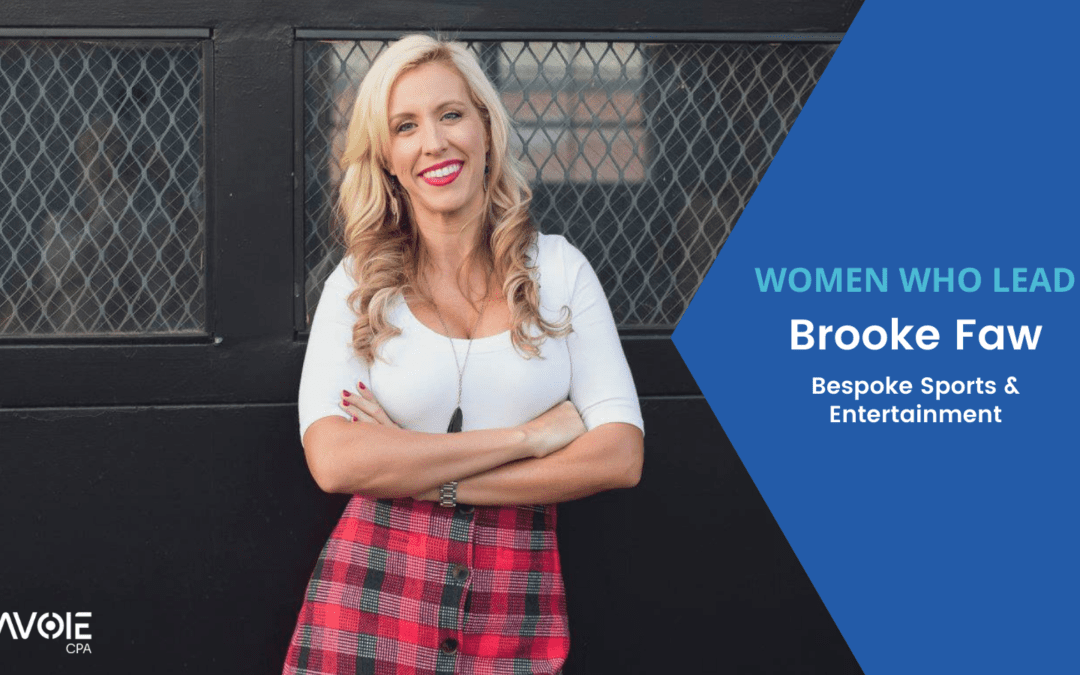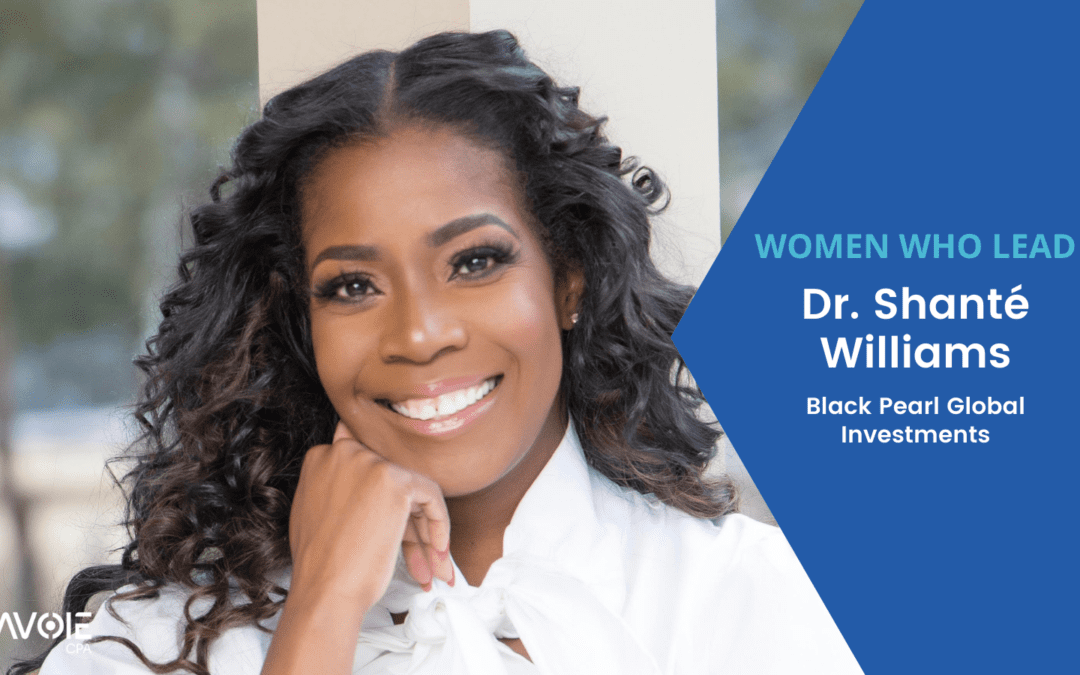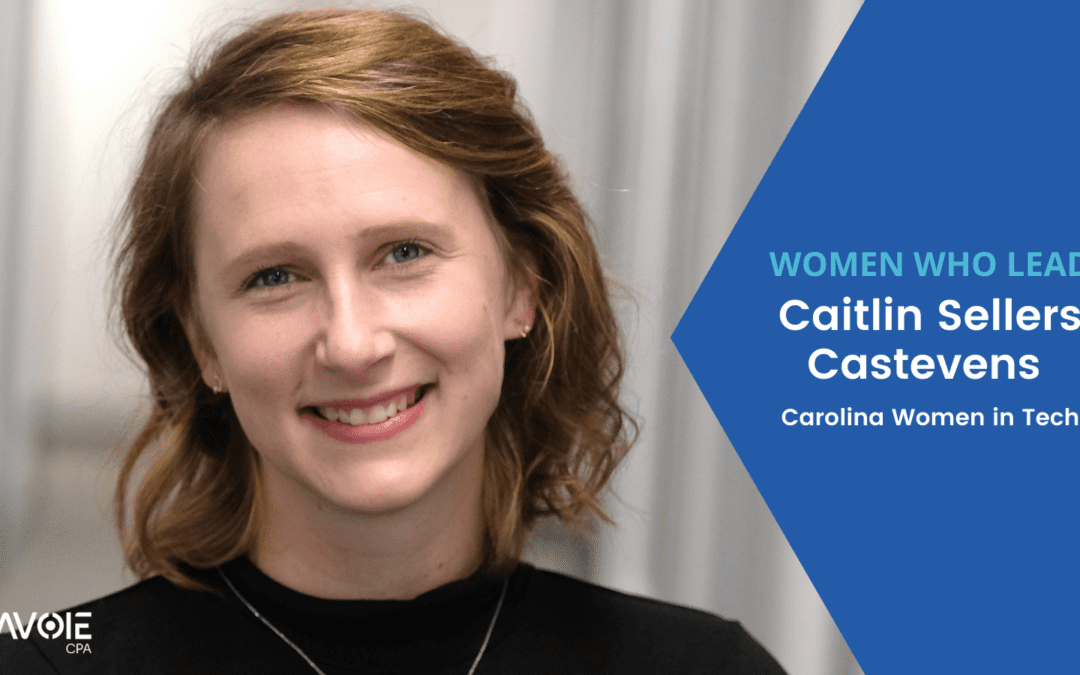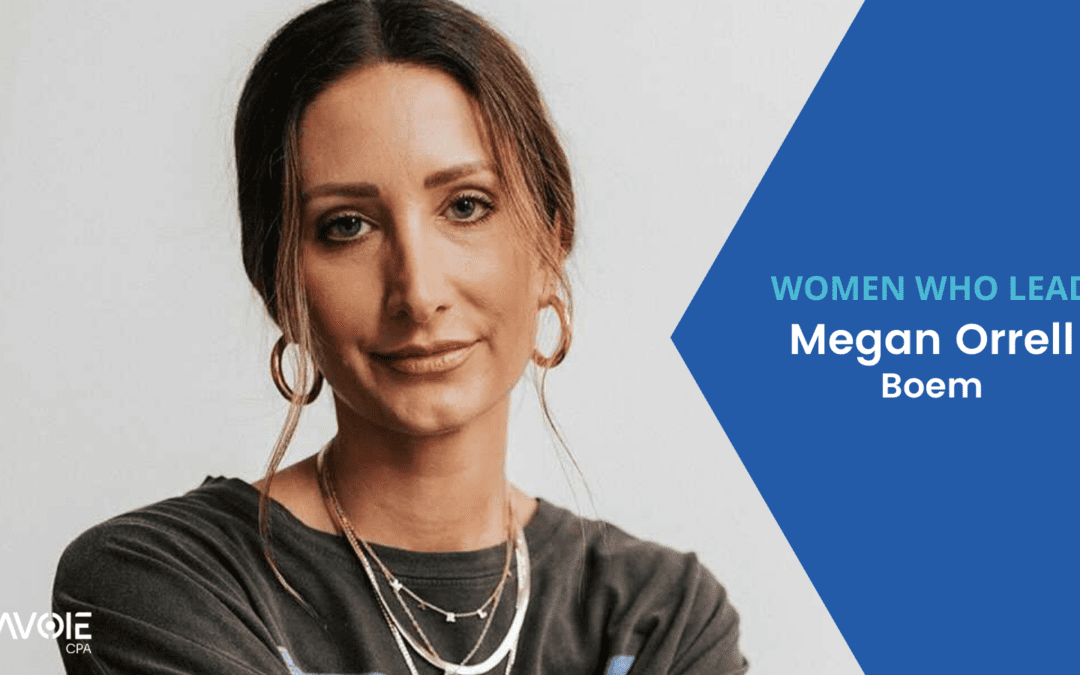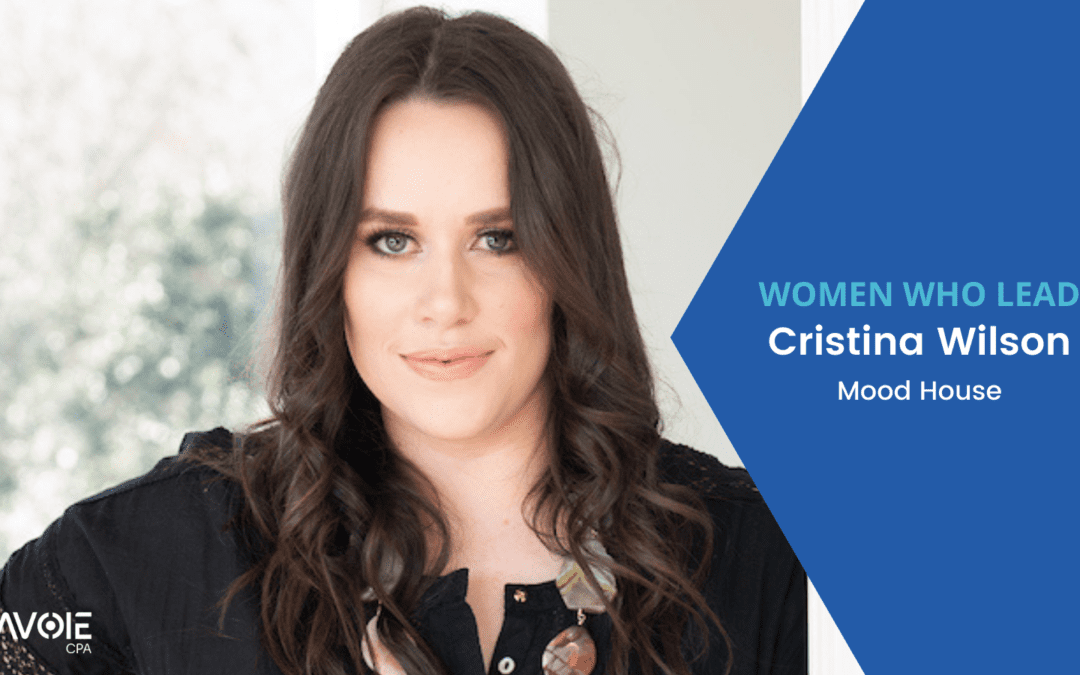
Women Who Lead: Cristina Wilson with Mood House
Each #WomenWhoLead feature will be showcased on a wall mural in South End Charlotte. If you know a woman leader who you want to feature on the wall, please click the button to nominate her.
It’s a feeling we can all relate to, the one where you open an unpleasant email from a client or boss. You panic. You feel controlless. Cristina Wilson experienced this a lot in her career as a journalist and president at Charlotte Agenda (now Axios Charlotte). But instead of bowing down to the tailspin, she decided it was time to confront it head on. She realized that when she felt grounded, she could take back control of her emotions and actions in those stressful situations. This was her inspiration to start Mood House, a massage spa where you can “recharge your body and mind so that you can show up the way you want to for your family, career and life.”
We sat down with Wilson to talk more about how stress is inefficient compared to calm collectedness and how she practices what she preaches as a business owner.
On your website, you talk about how you had it all together but one bad email could send you spiraling. I’m curious what kind of emails were those and in what ways did you feel yourself unraveling?
In my time as an editor at The Charlotte Observer and in my time running the business at Charlotte agenda (which is now Axios), you do a lot of client-facing work. I feel like people can relate to this in so many different industries, but when you’re dealing with clients directly in any shape or form, it’s so easy to let their mood dictate your mood. If they aren’t happy, then you shouldn’t be happy. You take that burden onto yourself regardless of whether you’ve actually made a mistake or not. And so I just felt like I was in a place where I was pushing myself so hard to make everyone else happy that I wasn’t grounding myself in what makes me happy or where I get my own sense of pride and achievement. So if something went wrong or there was a mistake or someone wasn’t happy, instead of having the tools to calm me down and keep a bigger perspective, I would be thrown into a tailspin.
What did that tailspin look like?
Ironically, it was a feeling of not being able to continue to be productive and stay on track. Which is ironic because instead of feeling like you can work harder and make up for it, those feelings end up being a real distraction. I feel like when you’re in that low emotional place, you kind of take it to the extreme and have that negative self-talk. And you actually can’t even take steps to fix the problem as efficiently as you could if you felt more centered, even, and calm.
You also talked about feeling like you had to justify the time to relax and recharge. Why do you think that is?
I think in startup culture, it’s all hands on deck. It’s mission over everything. And that’s not a bad thing. Some seasons, that’s okay. But it just depends on how long that season really is. Because all hands on deck is just not sustainable forever.
So you realized that maybe you needed a solution to the spiraling. So how did you arrive at that solution?
I feel like when you take the time to relax, reset, and remember that there is a world outside of work, when you do that on purpose and upfront, that practice bleeds into everything else you have going on in a positive way.
And if you don’t do it up front, then you’re basically going to do it but in the reverse order where you get to a breakdown point and you either mentally have to shut off or you’re going to feel sick and end up taking some days off.
So if you choose the time upfront, even in small ways, if you mentally are making that time for yourself, then you’re just setting yourself up for success. Even if it’s a one-hour massage a month, which objectively isn’t even that much time.
I’m thinking back to that image of the dreaded email. How is the experience of reading that email different after you give yourself time to recharge?
For me, I feel like it helps me navigate what’s happening and what action I can actually take to improve the situation versus just listening to the yelling in my head about things going wrong. I think that you can’t have that clarity, or the ability to slow it down and look at things more rationally if you’re running out of fumes and everything seems like the end of the world.
You started as a journalist and then made your way to the president of what is now Axios. Then you started your own company. That decision must have taken a lot of courage and passion.
Some days it felt like a big leap of faith, and some days it just felt inevitable. At times, it felt like I was heading toward this big unknown cliff. I was pretty good at talking myself through all the worst-case scenarios. If this absolutely goes horrible, what would I do? As long as I was okay with those answers, or felt like I could at least map out what I’d do, I was okay. And on the flip side, some days you feel like everyone totally gets your vision and excitement and you’re like, “There’s no way this is gonna fail!” You have to believe in your vision; you have to have that confidence in order for other people to believe in it too. But it’s also a lot of hard work. So you kind of swing to those extremes.
A lot of successful people get asked about the secret to their success. Most times, the secret isn’t a secret at all; it’s just hard work. I was just curious if that’s been your experience.
Yeah, totally. You just have to go through it, even though it’s pretty painful. In terms of the amount of work and the fear you have in the beginning, you have to choose to go on the roller coaster of it. Once you get on it you’re pretty locked in it. So, if you’re not willing to lock yourself in and just go through it, then you’re not going to come out the other side with something that you’re proud of. I do think it’s that simple.
And as a business owner, are you practicing what you preach? Are you finding time to recharge despite wearing all the hats?
Yeah, absolutely. I really want to take this business to the next level. I can’t do that if I’m in that cycle I described at the beginning of our conversation.
Now is the time to figure out what that cycle looks like for me, what are the breaks that I need, what are the boundaries I need to set, what are the things that I need to delegate. I just have to let go of some perfectionism there.
As the owner of your own business, what skills do you feel like you’ve finally mastered?
A million different client scenarios can come up and you just have to know a million different variations of what your response would be. You need to know when to break the rules and when to follow them. One of my employees asked me how I learned to troubleshoot so quickly. I feel like that rapid-fire decision-making process, and being able to make decisions quickly and confidently, has been formed by just years of experience dealing with different situations. It felt good to have someone ask “How do you know how to make the right call?” It’s just years of practice!

